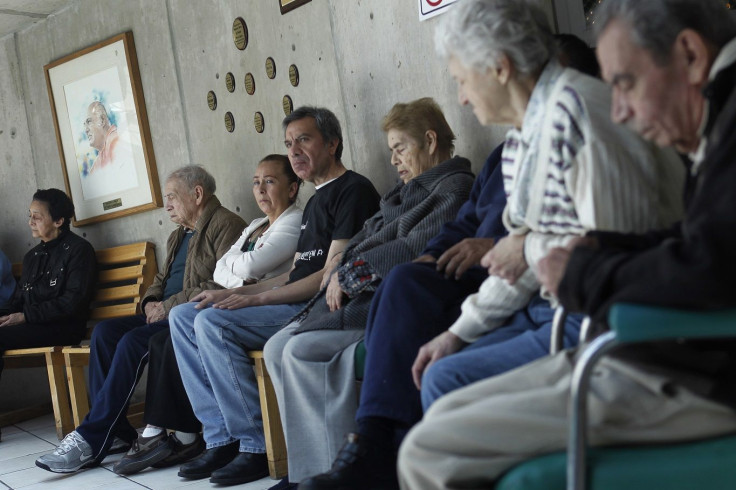Alzheimer’s disease: Scientists find mild-stage Alzheimer’s patients’ copying abilities promising

A new Alzheimer’s study has shown that mimicking movements may help Alzheimer’s patients regain lost abilities. Although a lot of progress has been made in the understanding of the disease, scientists still don’t have an Alzheimer’s cure. Patients, however, benefit from rehabilitation efforts and mimicking movements is one such rehabilitation effort that may be beneficial for Alzheimer’s sufferers.
Just like a child learns to perform actions by mimicking his/her parents and other people, an Alzheimer’s patient may also voluntarily imitate movements. Hence, the University of Genoa researchers believe that it is very much possible for Alzheimer’s patients to relearn some of the actions that the degenerative disease has made difficult to perform.
At first, the scientists were a bit sceptical. They were not sure if the brain’s hardwired learning function would be functioning normally for Alzheimer’s patients. However, as they progressed with their research, one thing became clear: Alzheimer’s, in its mild stages, didn’t damage the brain function. Thus, the patients were able to mimic simple gestures. A moving dot on the computer screen or copying a person’s simple movements, the patients were able to copy.
“Because Alzheimer's damages the parts of the brain that link motor and cognitive function, behavioural treatments will still be important for patients, even after pharmaceutical treatments are discovered,” said lead researcher Dr. Ambra Bisio.
Bisio also revealed that even though an Alzheimer’s patient can learn from computers, a human teacher is always preferable because the patient’s emotional response with a human is much more significant than the distraction that person causes.
The study is important for health experts as it provides the knowledge that Alzheimer’s patients can still learn even when the debilitating medical condition makes it difficult for them to learn. Alzheimer’s treatments like this will definitely help in finding a cure soon, writes Gizmag.






